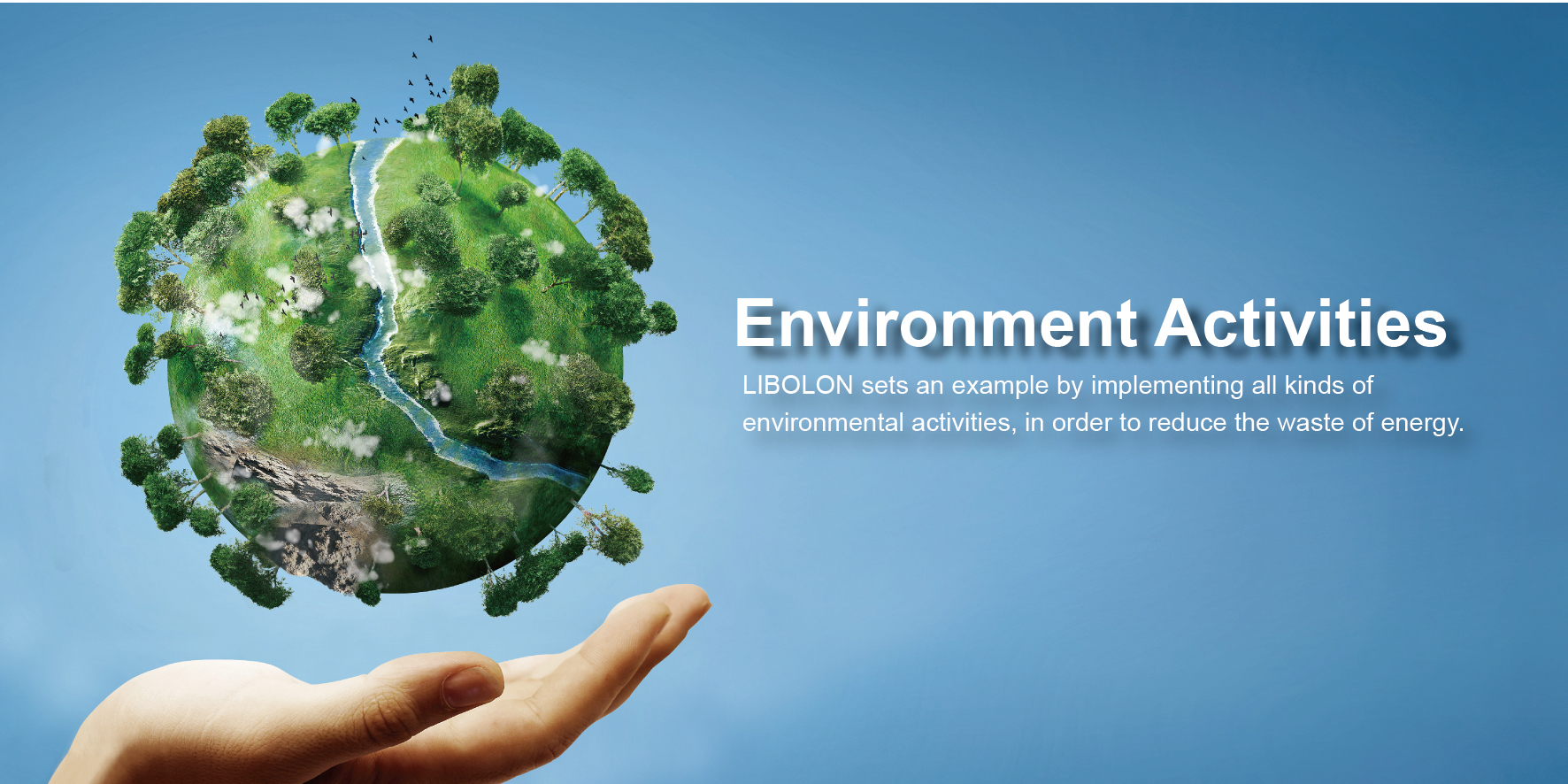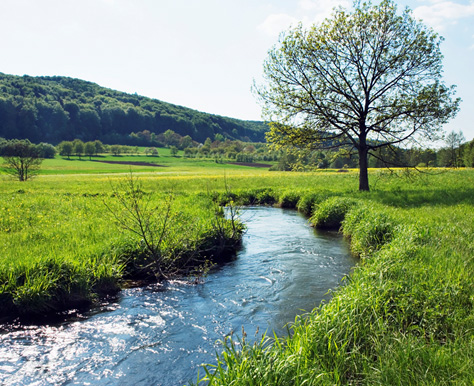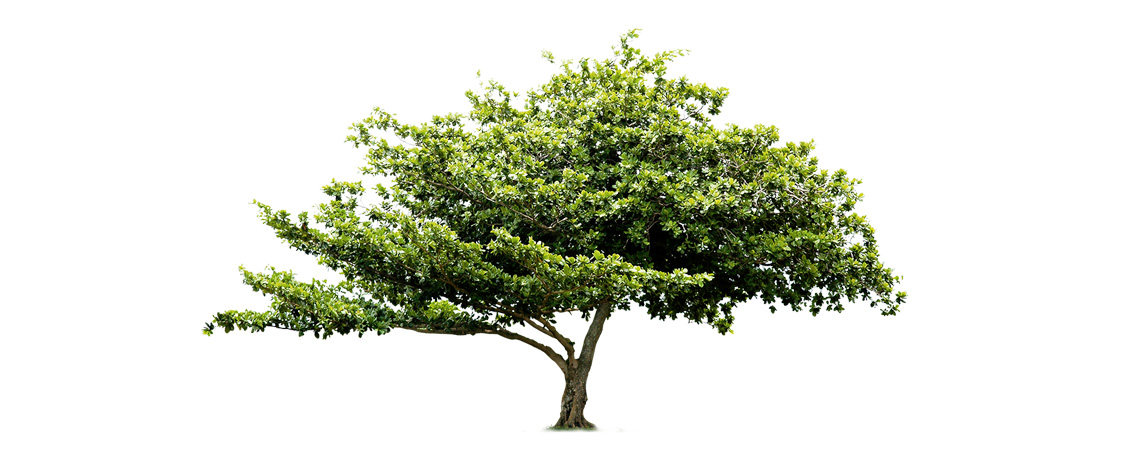
In order to strike a balance between enterprise development and environmental ecosystem protection, LIBOLON is focused on the impact the production process has on the environment. Within the textile industry, dyeing is considered a high water usage industry. The wastewater that is produced from the dyeing process is considered non-biodegradable wastewater. The Li Peng dyeing factory in Yangmei recycles and reprocesses the dyeing process released wastewater ; the water that has been processed can be used for farming, raising fishes, and further achieving the peaceful co-existence between the environment and the enterprise.

(executive performance in 2007 to 2008H1)
